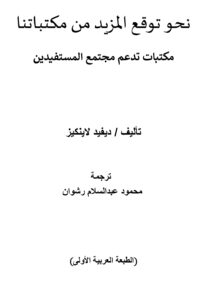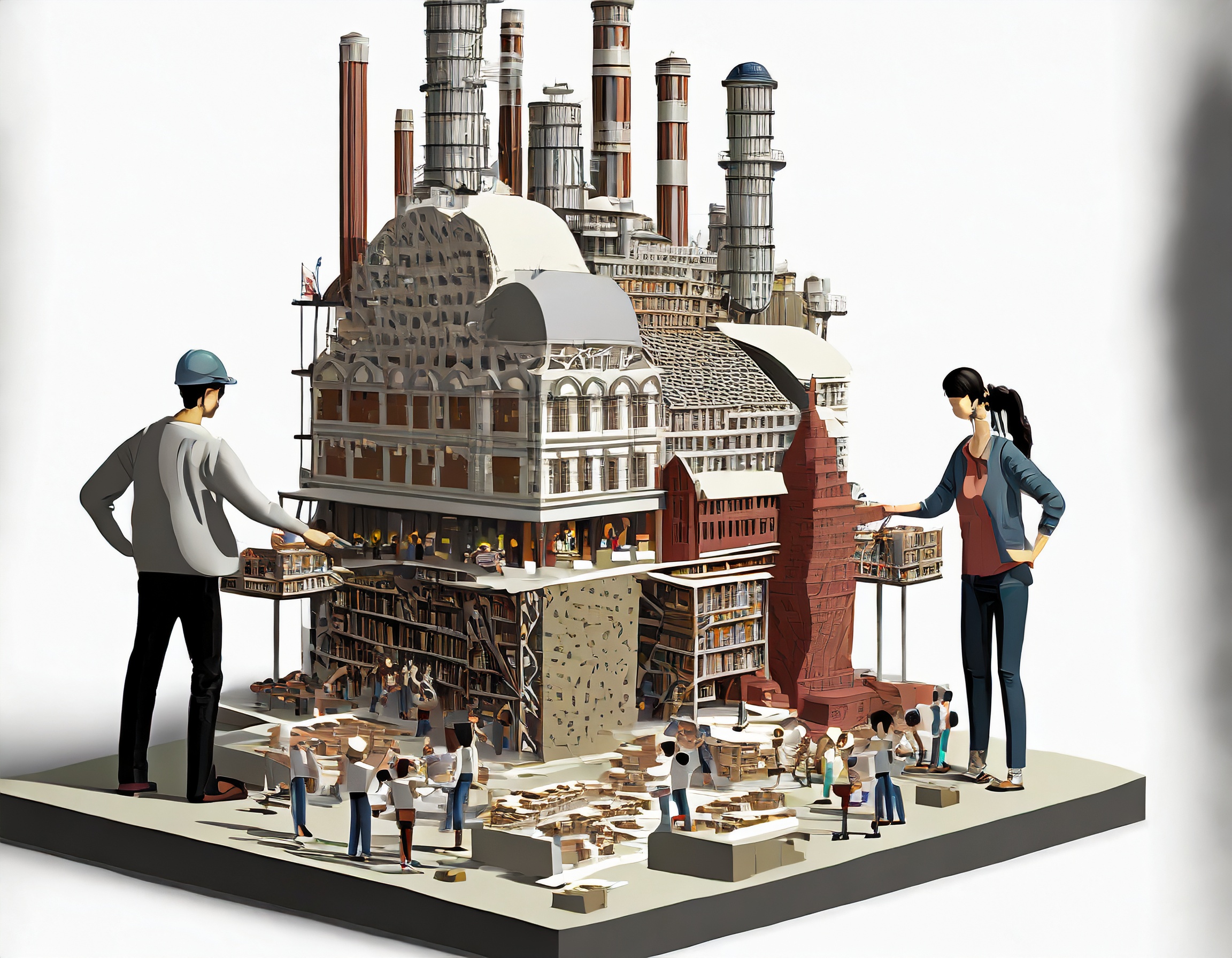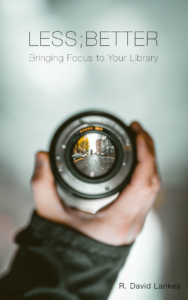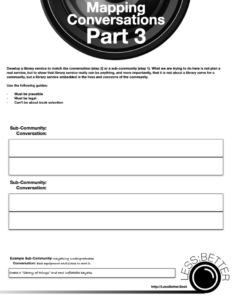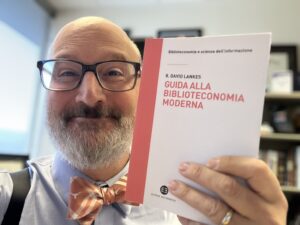Thanks to Mahmoud Rashwan, Expect More is now available free in Arabic. You can download the PDF on the Expect More page or directly here.
Here’s a brief biography of Mahmoud, the translator:
“As a passionate advocate for Guided reading and lifelong learning, I have served as a High School Librarian since 2002. My mission is to foster a love for reading, critical thinking, and information literacy among school community members.
I work closely with both students and teachers to facilitate access to information in a wide variety of formats and guiding students through research for their projects, I’m here to empower our school community.
One of my passions is introducing young adults to literature. I spend quite a lot of time daily discussing with students how to choose their readings to improve their skills and increase their knowledge. There’s nothing quite like seeing a student’s eyes light up when they discover a new favorite book!
I hold a master’s degree in library and information science from University College London [MLIS UCL2020].
I believe that a librarian isn’t just a keeper of books; we’re navigators, linkers, and champions of knowledge. If anyone needs a book recommendation or has a research question, we are here with a warm smile and a wealth of resources! ?”
Thank you for all your kindness and work Mahmoud! And if there are any publishers looking for print and/or distribute this translation, please let me know and I can put you in touch with Mr. Rashwan.

